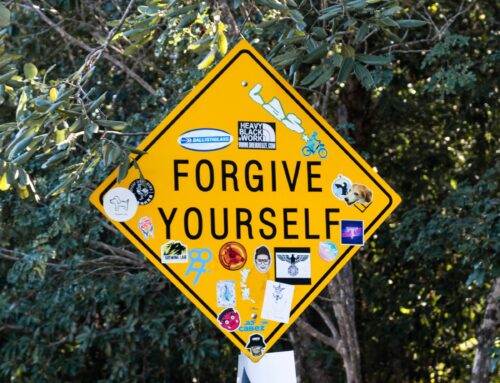 There are so many books we could read in the year ahead. Some of them may end up in a garage sale the next year without ever having been read. But there’s one book we should be sure to read. It’s the bestseller of all time–the Bible.
There are so many books we could read in the year ahead. Some of them may end up in a garage sale the next year without ever having been read. But there’s one book we should be sure to read. It’s the bestseller of all time–the Bible.
I made up a two-year Bible-reading plan that requires only 5 days a week instead of 7. That leaves time for studying the Bible in other ways, such as your pastor’s teachings. It rotates between the Old and New Testaments, but it covers whole books to give the overall message of each book. Because of the attempt to break at logical places, some days have longer readings than others. I’m grateful to my niece for retyping it in the Excel format. You can use the book of Leviticus to practice your determination.
Devotionals are good “vitamin supplements,” but you will miss so much if that constitutes your whole Bible study. I have my struggles with staying on track reading the Bible, too, but we need to know the whole Bible. We can’t know whether we are getting good teaching if we don’t read the textbook. And we need to know the context of each verse. A verse can be pulled out and made to mean almost anything without the proper context. Sometimes unclear passages can be made more clear by associating with related passages. It’s good to just read the Bible and see what the Holy Spirit shows you first, but if you are really frustrated about what something may mean, you can find commentaries at biblehub.com.
- In the search bar, enter the verse or passage you are researching.
- Click on ‘Comment’ that is located in the row of resources listed horizontally in black letters below the search bar.
- Where it says “Jump to,” select a commentary.
- One commentary that I believe is quite well known is Barnes. You may find others you prefer.






Leave A Comment